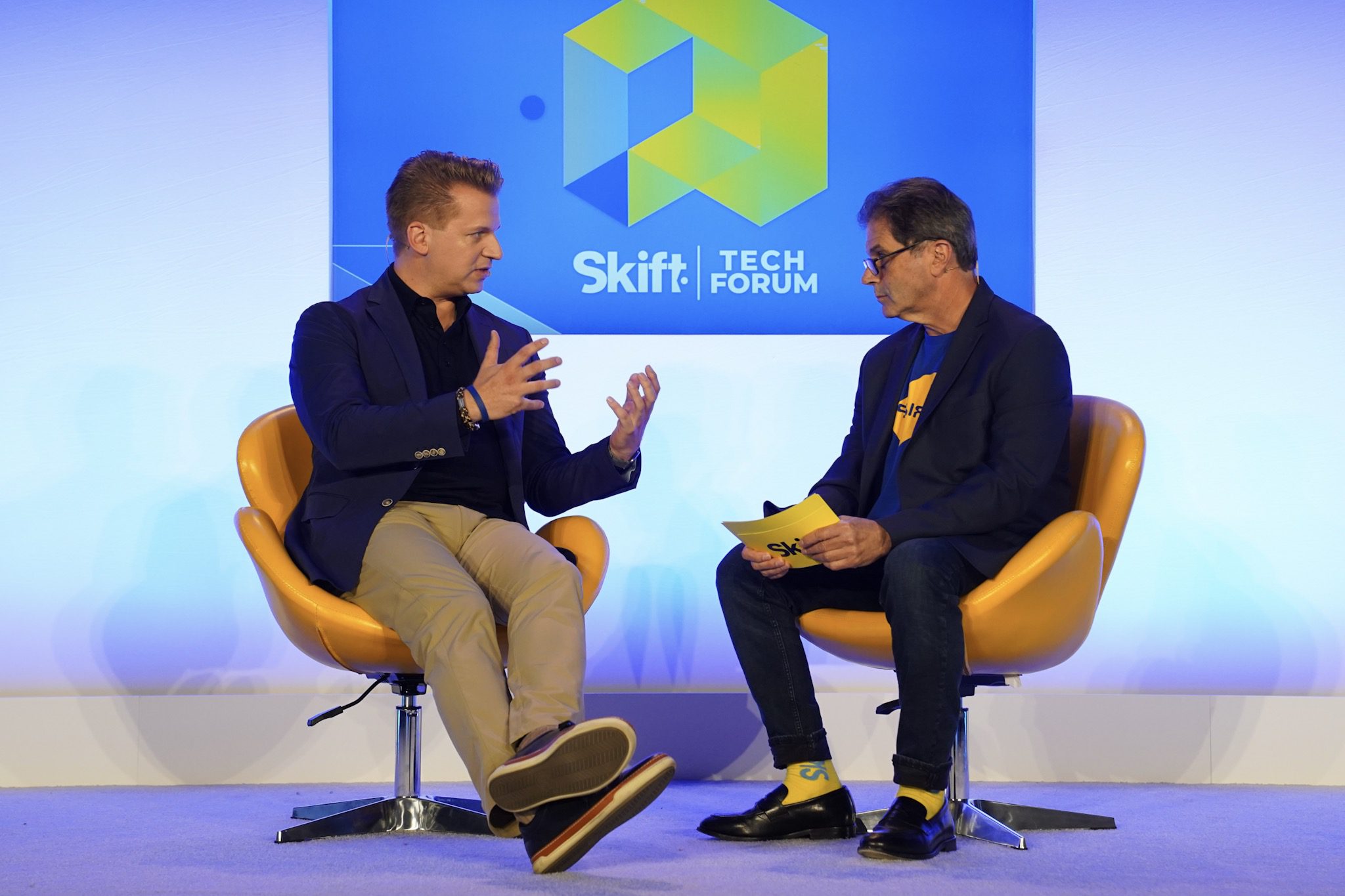Why Google Thinks Machine Learning Will Be a Game Changer for Travel

Skift Take
No industry is benefiting more from advances in machine learning than travel, Oliver Heckmann, a Google vice president for engineering, said Thursday at the Skift Tech Forum in San Francisco.
"Machine learning is probably changing our entire industry more than any other industry in the world, for one reason," Heckmann said. "Language barriers are a huge obstacle for our customers traveling to other places and experiencing other cultures. The advances in machine learning directly feed into improvements in machine translation."
It is an interesting argument. Google is making a major push into travel, allowing customers to book plane tickets, hotels and packages, and increasingly it is helping travelers access stuff they never might have found on their own. But if they can't understand the language, whether ahead of time or once they get there, travelers might be less likely to visit.
Heckmann gave an example of the need for good translation from his own travels. He said he was staying in a vacation home in France during a rough storm when a power line fell near the house. "I had to make a phone call in French, which I don't speak, to get someone there urgently, because I have little kids," he said.
You can probably guess how he solved the problem.
"Google Translate, it was a seamless conversation," he said. "It was absolutely mind-blowing and magical."
Heckmann said this development, more than any other, will change how people travel. It'll take awhile, he said, but eventually translations services will be so good most travelers will feel comfortable going anywhere.
"It will take many years before you have your perfect personal translator with you all the time but it is coming and it is going to change the way people travel," he said.
Other Uses
Heckmann said machine learning is helping in other ways, too.
Google has a team working to analyze flight delays, so customers may learn their flight is late from the platform before they hear from the airline. Or they might discover it when they do a Google search for their flight number.
"We have a team that is feeding all kinds of information — for example, delays, and arrival times and status of arriving planes — into a big machine learning system that then takes that information and other information, like airport specific information, and outputs predictions of flights being delayed," he said.




